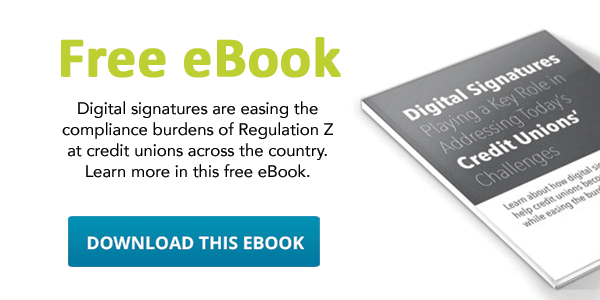
"Can employers discipline employees for off-duty conduct?" This is a question I’m commonly asked by credit unions. I’ve had credit unions to contact me about the questionable clothing they’ve seen some of their employees wear in pictures on their personal social media sites, or about the disruptive behavior of an employee when they were hanging out with friends outside of work.
Yes, we don’t like to see the faces of our credit unions in “compromising” or “peculiar” situations. But, can employers do anything to monitor or discipline employees’ off-duty conduct if that conduct might reflect negatively on the credit union?
Generally, if an employee's off-duty conduct conflicts with the credit union's best interests, the credit union should expect the employee to comply with the credit union's policies while off duty. For example, an employee is expected to abide by an employer's sexual harassment policy during off hours since sexual harassment of co-workers or clients outside of work could negatively impact the employer's business.
However, it’s important to point out that many states have privacy laws that prohibit an employer from monitoring or disciplining employees for lawful off-duty conduct. Several states, including, California, Colorado, Illinois, Minnesota, Montana, Nevada, and North Dakota, have laws that prohibit employers from taking adverse action against employees for engaging in lawful off-duty activities or using lawful products while off duty. Some states bar employers from discriminating against employees for certain off-duty activities, such as smoking or political activity.
But what happens if an employee is arrested or convicted of a crime while off-duty? Does that mean the credit union can fire them immediately? It is important for credit unions to understand and comply with federal and state laws governing the use of criminal records. All employers should be familiar with the Equal Employment Opportunity Commission's (EEOC) guidance on arrests and convictions, which generally provides that an employer's policies or practices regarding the use of criminal records must be job related and consistent with business necessity.
Many states prohibit employers from taking adverse actions against employees because of arrests or arrest records. In addition, the EEOC cautions that taking an adverse employment action against an employee because of an arrest record may result in a violation of anti-discrimination laws. Therefore, employers should be fully aware of their obligations under these laws before making an employment decision based on an employee's arrest or arrest record. Employers should engage in an individualized assessment to determine whether the conduct surrounding an arrest negatively impacts the employer's business or the employee's job performance.
Some states protect employees who have been convicted of a crime unless the conviction relates to the individual's job duties. The EEOC provides that an employer may not automatically take an adverse employment action against an employee because of a criminal conviction. Rather, the EEOC recommends that employers conduct an individualized assessment before taking an adverse action against an employee on the basis of a criminal record.
So basically, what does all this mean? It means that prior to taking action against an employee for off-duty conduct, maybe it would be wise to consult with HR or legal counsel first to ensure that your credit union is in compliance.
This guest blog post was written by Kimberly Jones, a HR consultant at Credit Union Resources, Inc.
%20formatted-1.png?width=2528&height=739&name=SIGNiX%20Logo%20Main%20(white)%20formatted-1.png)

